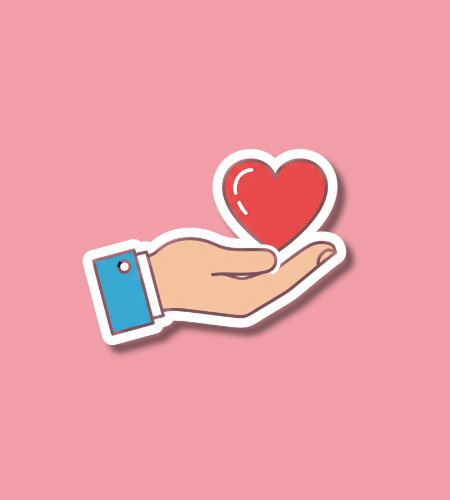National Be Someone Day, observed annually on July 21, is a day dedicated to empowering adults to make a meaningful difference in children’s lives. It emphasizes stopping child abuse and ensuring that every child has a trusted adult to turn to.
History of National Be Someone Day
Founded by Project Harmony in Nebraska, National Be Someone Day was officially launched in 2018 to unite communities in the fight against child abuse by encouraging awareness, education, and responsibility. Every July 21, adults are challenged to spend just ten seconds making a positive impact—whether by learning the warning signs, pledging to speak up, or simply offering a kind word.
The initiative builds on decades of growing awareness around child maltreatment, reinforced by landmark work such as the identification of “battered child syndrome” in 1962, which helped formalize child protection as a social imperative.
Why National Be Someone Day matters
At its heart, this day is a reminder that protecting a child can start with a single moment of awareness. Child abuse often hides behind closed doors—between trusted adults or within families—but intervention by caring people can change everything. It’s not just about stopping harm—it’s about choosing to be that safe presence a child needs.
On a broader scale, National Be Someone Day serves as a collective statement: communities are crucial in safeguarding childhood. The pledge helps translate empathy into action—by learning, recognizing, and responding responsibly, everyday people can weave a safety net far stronger than any individual effort.
- It reminds us that even a few seconds can save a child
- It highlights the power of community vigilance
- It encourages adults to trust their instincts and act
- It honors the idea that every child deserves a safe world
- It transforms awareness into real, practical steps
List of warning signs of abuse and neglect
These indicators may be seen in children, vulnerable adults, or the elderly and should always be taken seriously.
Psychological and Emotional Indicators:
- Sudden changes in behavior or personality, such as becoming withdrawn, fearful, or excessively anxious
- Extreme emotional reactions like aggression, anger, or sadness without clear reason
- Low self-esteem or constant feelings of worthlessness
- Intense fear of specific individuals or settings
- Regression to earlier behaviors (e.g., bedwetting, thumb-sucking in older children)
Physical Signs:
- Unexplained bruises, cuts, burns, or fractures
- Frequent injuries with vague or inconsistent explanations
- Malnourishment or sudden weight changes
- Signs of restraint or poor hygiene
- Untreated medical issues or frequent infections
Behavioral Clues:
- Avoidance of physical contact or flinching when approached
- Overly compliant, passive, or “frozen watchfulness” (appears hyper-alert and tense)
- Reluctance to go home or fear of leaving safe environments like school or care centers
- Risk-taking behaviors or sudden interest in sexual content (may indicate sexual abuse)
- Running away or attempts to escape from home or caregivers
Environmental and Relational Red Flags:
- Caregivers who show little concern or interest in the person’s well-being
- A caregiver who blames the person for their problems or injuries
- Living in unsafe, unsanitary, or chaotic environments
- Observing others being harmed or neglected in the same household
- Isolation from peers, relatives, or normal activities
If you or someone you know notices these signs, it’s important to speak up. Early intervention can save lives and change futures. Always consult a licensed mental health professional or mandated reporter if you suspect abuse.
How to observe National Be Someone Day
The essence of this day is simple: learn, pledge, and protect. Start by visiting Project Harmony’s site to take the “Be Someone” pledge, which outlines five steps: learn the facts, reduce risky situations, discuss boundaries, recognize signs, and act responsibly.
Share information using #NationalBeSomeoneDay on social media—offer helpline numbers, resources, or personal reflections to raise awareness. If possible, volunteer with or donate to local child welfare organizations. Even small talks at work, school, or a playground can open crucial dialogues and plant seeds of change.
- Take the Be Someone pledge to stay informed and ready
- Learn the warning signs of abuse and neglect
- Volunteer or donate to child-protection groups
- Speak up—report concerns to trusted authorities
- Share awareness and resources online with #BeSomeoneDay
National Be Someone Day Dates Table
| Year | Date | Day |
|---|---|---|
| 2025 | July 21 | Monday |
| 2026 | July 21 | Tuesday |
| 2027 | July 21 | Wednesday |
| 2028 | July 21 | Friday |
| 2029 | July 21 | Saturday |
Subscribe to our newsletter and never miss a holiday again!

